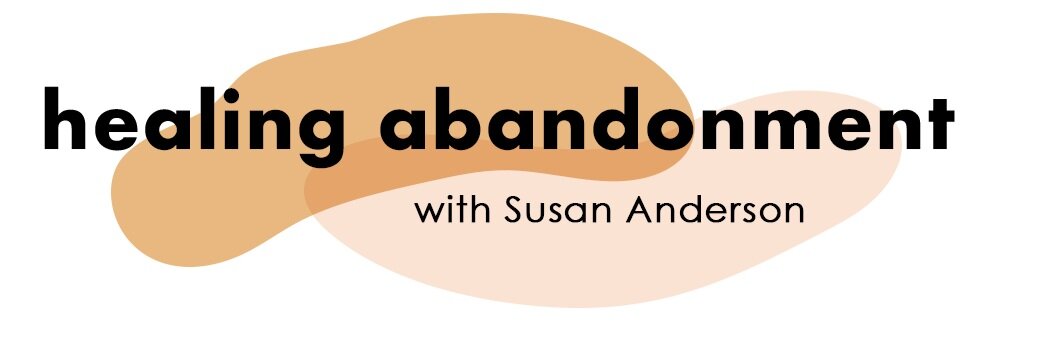Fired From a Job: A silent form of abandonment trauma
Ever been fired? If you’ve been working hard somewhere for any length of time and you get fired, it can precipitate a major emotional crisis – an abandonment crisis – that takes a lot of personal work to rise out of.
The problem with this type of abandonment trauma is, that we have a glorified view of what getting fired feels like. We have television shows whose main appeal is for the boss to say, “You’re fired.” We also hear how people turn their whole lives around and use their unemployment as a windfall of free time in which to get in touch with themselves on a new level, reinvent themselves, and ultimately celebrate the opportunity for greater achievement.
Well, that last line would be the goal – a very worthy goal. But it is not always so easy to accomplish just like that.
First off, many people go through a painful adjustment period that can sometimes manifest as major depression. The job had given them their sense of self worth, and it isn’t until they feel rejected by that very job, that they realize to what extent their identity had become entwined with what they did for a living, the people they associated with everyday, their role, their activity level, and the structure it gave to their lives.
We’re not always conscious of what elements in our lives are giving us our sense of identity, purpose, wellbeing. We tend to enjoy these benefits while believing them to be intrinsic to our basic nature and disposition, rather than realizing how much they depend on the external source of the workplace.
Then we lose our job and discover that we are suddenly bereft of self worth, with our sense of identity stripped away, and with it, our sense of trust in ourselves, and all of our wellbeing.
This situation is compounded when rejection, that is, being fired, is involved. A boss or team may have deemed you unnecessary or undesirable or unworthy and suddenly the position you have come to depend on and value has turned around and cast you out. Rejected. Thrown to the curb like yesterday’s garbage.
The devastation of this follows the same emotional course as abandonment does, taking you through the five stages of abandonment grief that people who’ve been left by someone they love go through. And it is traumatic.
The antidote follows the same five phases of abandonment recovery. Once you get on the recovery path, you can use this involuntary state of unemployment you are in, as an opportunity to learn how to provide validation directly to yourself rather than having to seek it from your employers or friends. It becomes an opportunity for profound personal growth.
But let’s not underestimate how painful a transition it is to get from point A – the devastation – to point B – the triumph of self and greater achievement.
PS: I have created a series of videos that take you step-by-step through the 5 Akēru exercises and other life-changing insights of the Abandonment Recovery Program.
Whether you’re experiencing a recent break-up, a lingering wound from childhood, or struggling to form a lasting relationship, the program will enlighten you, restore your sense of self, and increase your capacity for love and connection.
